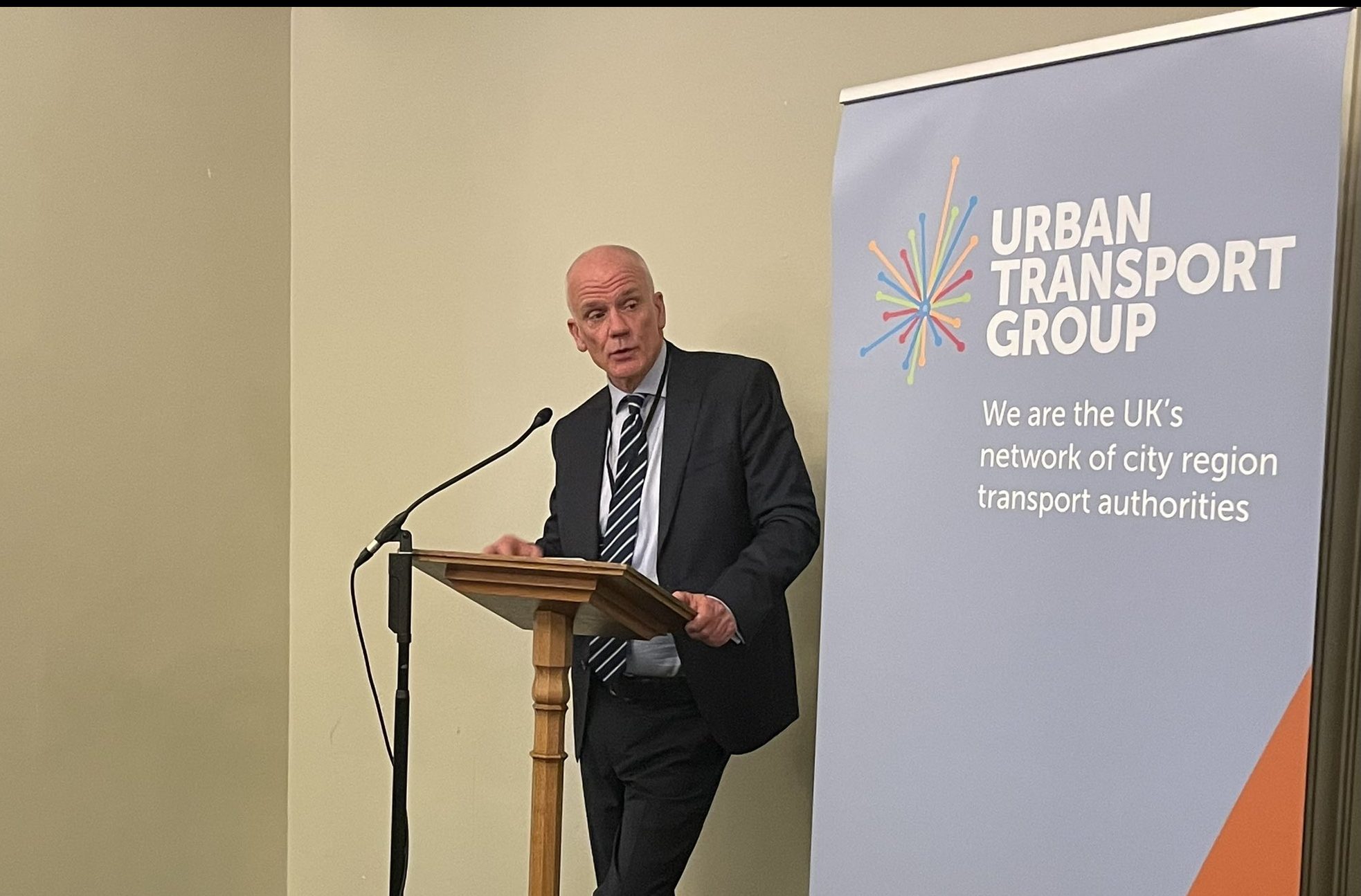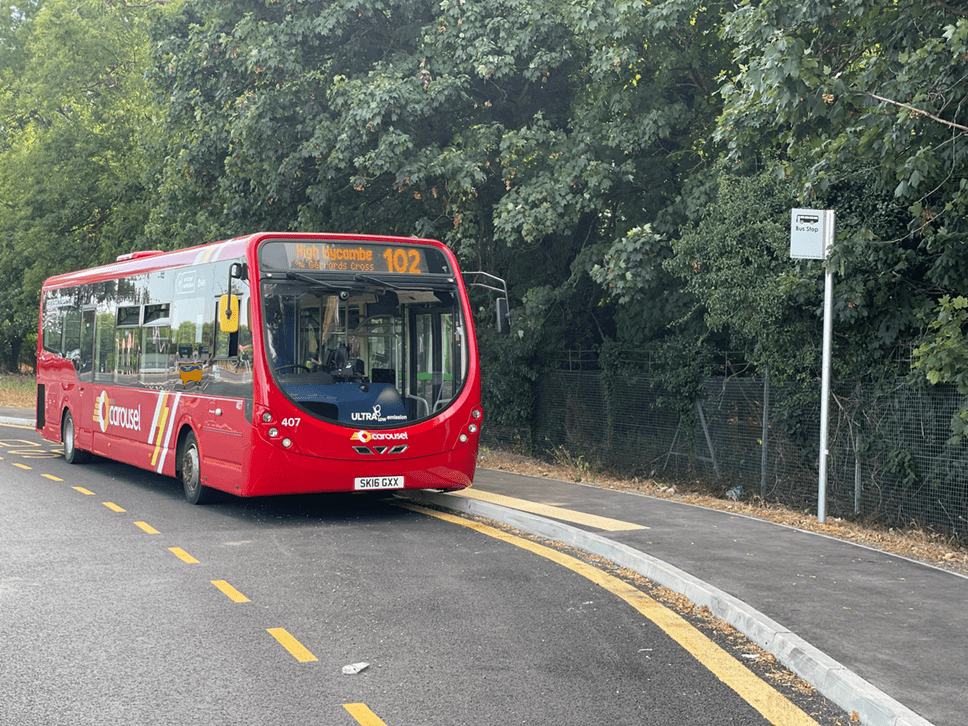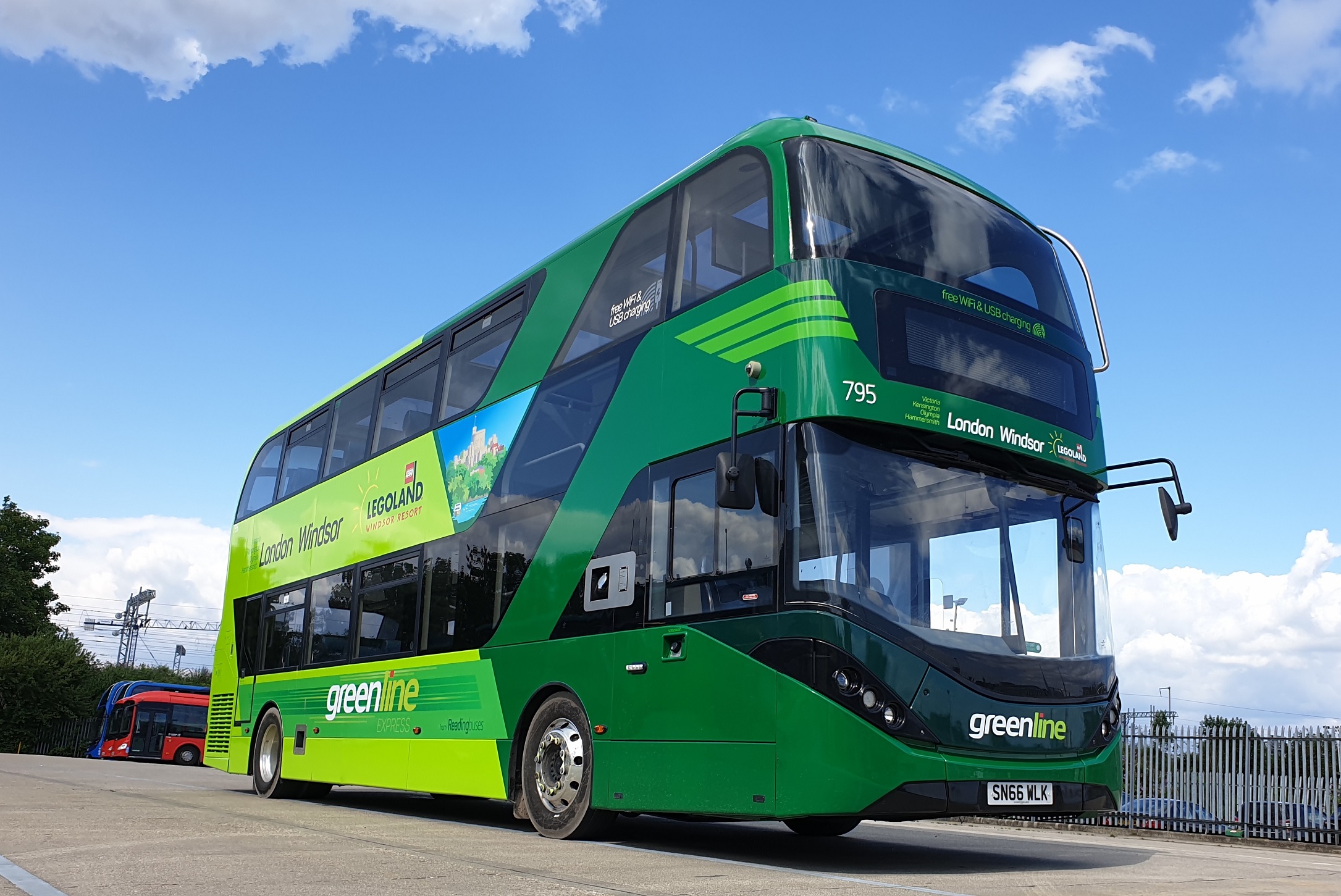The Urban Transport Group (UTG) has urged the government to introduce a package of measures to fix what it calls a public transport funding crisis.
A week after a Budget which had nothing for bus services outside of London, the organisation published its report “Public transport’s funding crisis – and how to fix it”. It came on the eve of the UTG Parliamentary Reception attended by Roads Minister Richard Holden.
The five-page document focuses on bus and tram in England outside London and airs concern over service reductions, lower patronage and higher costs.
The UTG, the UK’s network of city region transport authorities, notes the crucial value of government support during the pandemic. However, with the Bus Fare Cap Grant and revenue support due to finish at the end of June, it calls for a longer-term and more devolved solution.
“Without a funding deal for bus beyond June, there will be another wave of bus service cuts,” the report states.
It pointed out that the conditions of funding have allowed services to be reduced by up to 20% since before the COVID-19 pandemic. It highlights passenger numbers fell by 15% from 2009-10 to 2018-19. It adds: “Between 2018-19 (the last full year before the pandemic) and 2021-22, bus networks contracted by a further 9% in England.”
The UTG report stresses that further network cuts would harm growth decarbonisation plans, as well as having a disproportionate effect on low-income households and areas, disabled people, women and ethnic minorities. For example, it wrote, “people in the lowest income quintile make three and a half times more trips on the bus each year than those in the highest quintile.”
Quoting Department for Transport statistics, the UTG says bus fares went up by 40% above inflation between 2009-10 and 2019.
The Group welcomes grants to Mayoral Combined Authorities via City Region Sustainable Transport Settlements, but says rising costs mean transport authorities are able to do less with the funding. It adds: “To make the most of the available funding, transport authorities need to be given more discretion and autonomy on how the funding is spent in the round rather than being second-guessed and micro managed from the centre on a project-by-project basis.”
Call for devolved funding
In summary, the report called for a “long term, enhanced and devolved approach”, which will require higher levels of subsidy than pre-COVID due to higher costs. It argues for streamlining, saying the pre-pandemic funding system “was not coordinated, efficient or linked to a coherent set of objectives”.
It asks for devolution to transport authorities who wished to take responsibility for it. “This would mean that subsidies could be far more effectively targeted than is possible through either a one-size fits all national approach or if it is routed to commercial operators,” it adds.
Another plea is for capital funding streams to be internally de-ringfenced and the process sped up. When it came to staff recruitment and retention, it says enhancing learning across the industry, increase funding and dealing with administrative “bottlenecks” would help.
At yesterday’s Parliamentary Reception, UTG chair Steve Warrener said his organisation wanted an an urban transport system based on devolution and end of “stop-start funding”.
Mr Holden reportedly commented cities must be physically connected to thrive and said the government was committed to City Region Sustainable Transport Settlements, as as well as extending, deepening and simplifying devolution.



























